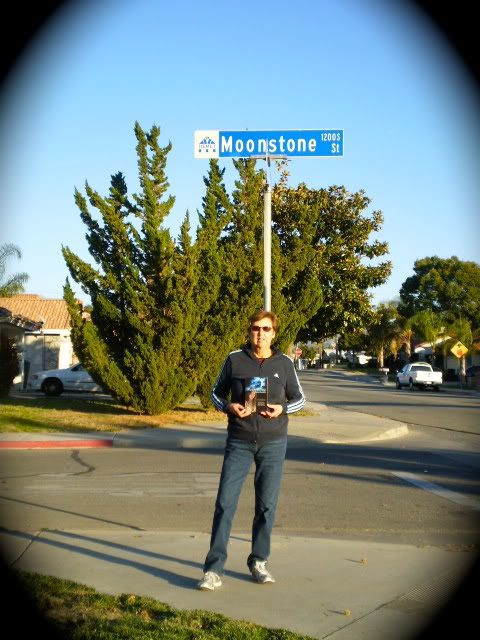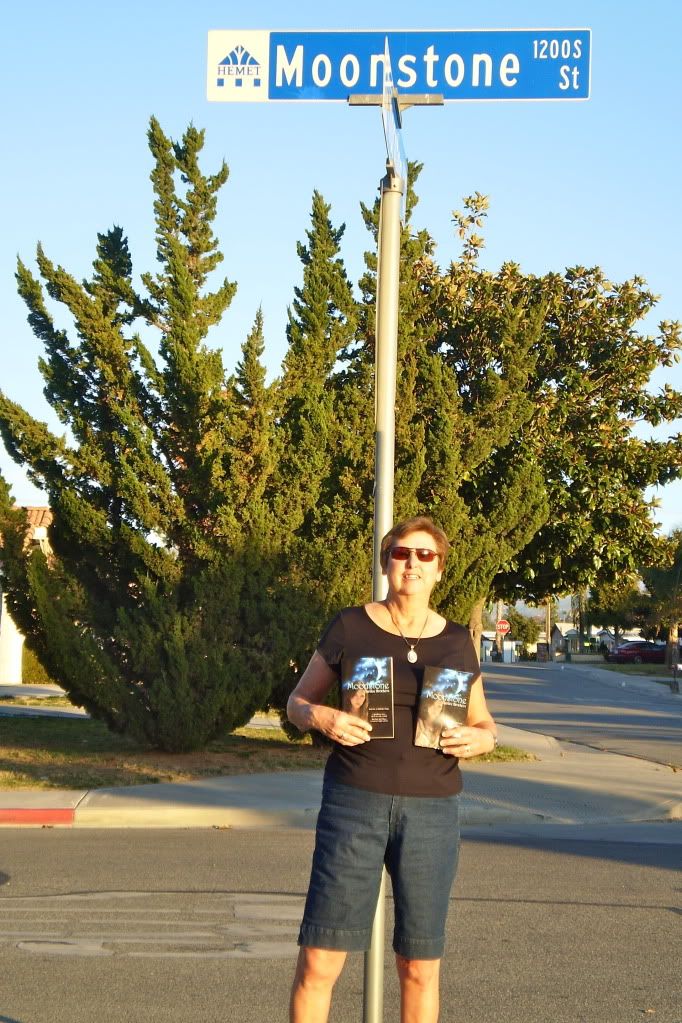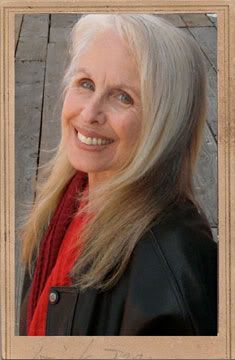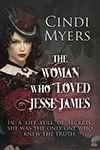Have you ever wondered what your pet was thinking? The heroine of my middle grade/ YA series—Heather Tildy—has a beagle named Roquefort  who’d like to set us all straight about her life.
who’d like to set us all straight about her life.
It’s Not Easy Being Me
Thanks to Charles Schultz and his Peanuts comic strip, we beagles have a lot to live up to. People adopt us, bring us into their homes and expect us to be a clone of Snoopy, who for some reason most of us tri-colored beagles never understood, pretended he was a World War I flying ace. Snoopy also supposedly decorated his own doghouse with Christmas lights without an opposable thumb. But there’s no way that’s possible. It had to be some sort of slight of . . . .
 Sniff. Sniff. Food. Smells like meat. Ham. Honey Ham. It’s coming from the . . . kitchen. No. Den. Where is it? Where is it? Must beg for meat. It’s a sandwich. Please? Please? Teenage girl with too much makeup, please, oh, please, give me one tiny morsel of your sandwich. I am starving. I haven’t eaten since breakfast. My cute little speckled tummy is empty. Please, oh, please! Gaze into my sad brown eyes, wet with tears, and give me just a little, teeny-weeny scrap of your food. . . .
Sniff. Sniff. Food. Smells like meat. Ham. Honey Ham. It’s coming from the . . . kitchen. No. Den. Where is it? Where is it? Must beg for meat. It’s a sandwich. Please? Please? Teenage girl with too much makeup, please, oh, please, give me one tiny morsel of your sandwich. I am starving. I haven’t eaten since breakfast. My cute little speckled tummy is empty. Please, oh, please! Gaze into my sad brown eyes, wet with tears, and give me just a little, teeny-weeny scrap of your food. . . .
Heavy whining sigh. Sorry you had to see me beg. Even sorrier the girl wouldn’t give me anything. There’s another one who will, but—I look to the left, then to the right—she’s not here. She gets in trouble for being generous with her meals.
Where were we? Oh, yeah. We were discussing how hard it is to be me, especially when teenage girls who are a little too fond of their makeup brush won’t share their sandwiches OR rub my cute speckled belly.
That reminds me. All of my people expect me to be happy with hard, dry kibble the size and texture of rocks. They give me a measly cup twice a day because someone told them I was overweight. I think it was that man at that place where I don’t like to go, where they stick things in me and squeeze my glands all because I scooted across the carpet and left a streak of something behind. Would you want to chow down on something that tastes like the cardboard box the birthday cake comes in while your people are eating zesty spaghetti and meatballs, succulent teriyaki chicken, or a sandwich thick with honey-glazed ham? Don’t even get me started on their blatant bacon-eating in front of me.
And another thing. . . .Hey, I’m doing pretty good with keeping on track. Obviously, my owner was wrong when he said I had doggie attention deficit . . . something.
Where was I? Oh, yeah. I want to set the record straight. Contrary to my family’s claims, I don’t steal their food. I merely take advantage of unattended meals and snacks. Was it really my fault they left the cheese and crackers on the coffee table when the lightning took out the electricity? No one told me I wasn’t allowed to eat food left behind in the dark. And was it really my fault that Grandma MacCormack set the crab-stuffed mushrooms on the counter where I could reach them before her book club arrived? I don’t think so. I’m a beagle. I have hunting skills, and I will use them. Oh, and here’s something else. My interest in the culinary arts does have its advantages for my people. I lick floors and remove all crumbs.
The only thing harder than being tortured with food is constantly having to be “on.” My job, apparently, besides protecting the entire two-story house with basement and three-quarters-of-an-acre yard from birds, squirrels, possums, people with hats and the neighbors’ cats, is to appear to be happy as much as possible. They love it when I jump for joy when I see them after a long absence—or a short one—unless my claws dig into their skin, while I happily greet them. They squeal with delight when I prance over to them with my squeaky rubber pork chop in my muzzle. They adore that toss and fetch game. It may be the only exercise the mommy gets. My ultimate crowd pleaser is the crazy, high-speed run through the entire house. I have to admit I kind of enjoy it—especially the way the wind whistles past my floppy ears, but it takes a lot out of me and I’d better have a bowl of wa—.
Hey! There’s something gray and furry on the deck. Squirrel! Squirrel! Let me at 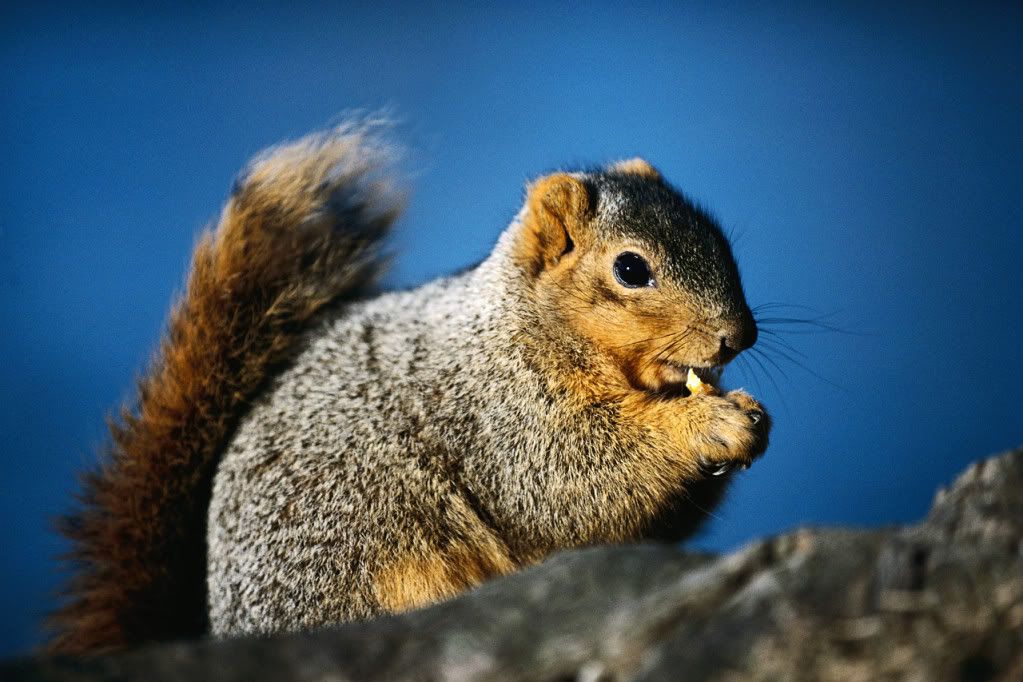 it. Maybe if I scratch on the window I can tunnel my way through the glass. It doesn’t work. How am I supposed to get that squirrel? Don’t you see it invading my domain? The door! The door! Someone let me out! Someone let me out! It’s my deck! It’s my deck!
it. Maybe if I scratch on the window I can tunnel my way through the glass. It doesn’t work. How am I supposed to get that squirrel? Don’t you see it invading my domain? The door! The door! Someone let me out! Someone let me out! It’s my deck! It’s my deck!
Roquefort is Maureen Hardegree’s homage to Chloe, the beagle beloved by her brother and sisters, who is now chasing squirrels in doggie heaven. You can see more of Roquefort in the Ghost Handler series. Books One and Two, Haint Misbehavin’ and Hainted Love, are currently available. Say It Haint So, Book Three, will release in July of this year.

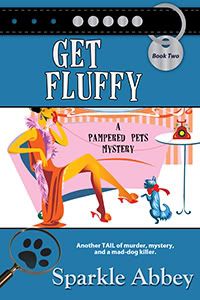





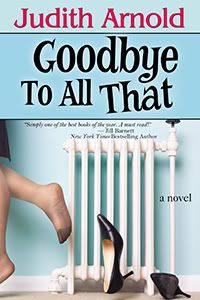





 Sniff. Sniff. Food. Smells like meat. Ham. Honey Ham. It’s coming from the . . . kitchen. No. Den. Where is it? Where is it? Must beg for meat. It’s a sandwich. Please? Please? Teenage girl with too much makeup, please, oh, please, give me one tiny morsel of your sandwich. I am starving. I haven’t eaten since breakfast. My cute little speckled tummy is empty. Please, oh, please! Gaze into my sad brown eyes, wet with tears, and give me just a little, teeny-weeny scrap of your food. . . .
Sniff. Sniff. Food. Smells like meat. Ham. Honey Ham. It’s coming from the . . . kitchen. No. Den. Where is it? Where is it? Must beg for meat. It’s a sandwich. Please? Please? Teenage girl with too much makeup, please, oh, please, give me one tiny morsel of your sandwich. I am starving. I haven’t eaten since breakfast. My cute little speckled tummy is empty. Please, oh, please! Gaze into my sad brown eyes, wet with tears, and give me just a little, teeny-weeny scrap of your food. . . . it. Maybe if I scratch on the window I can tunnel my way through the glass. It doesn’t work. How am I supposed to get that squirrel? Don’t you see it invading my domain? The door! The door! Someone let me out! Someone let me out! It’s my deck! It’s my deck!
it. Maybe if I scratch on the window I can tunnel my way through the glass. It doesn’t work. How am I supposed to get that squirrel? Don’t you see it invading my domain? The door! The door! Someone let me out! Someone let me out! It’s my deck! It’s my deck!





 I’m a little crabby these days. Yeah, I know, Labrador Retrievers are famous for being nice. But, I ask you, how nice are you when you’re on a diet? That’s right. Marilee’s hubby (and my former best friend) decided my waistline had disappeared. News flash: I DON’T NEED A WAISTLINE! MY FUR FITS JUST FINE!
I’m a little crabby these days. Yeah, I know, Labrador Retrievers are famous for being nice. But, I ask you, how nice are you when you’re on a diet? That’s right. Marilee’s hubby (and my former best friend) decided my waistline had disappeared. News flash: I DON’T NEED A WAISTLINE! MY FUR FITS JUST FINE!